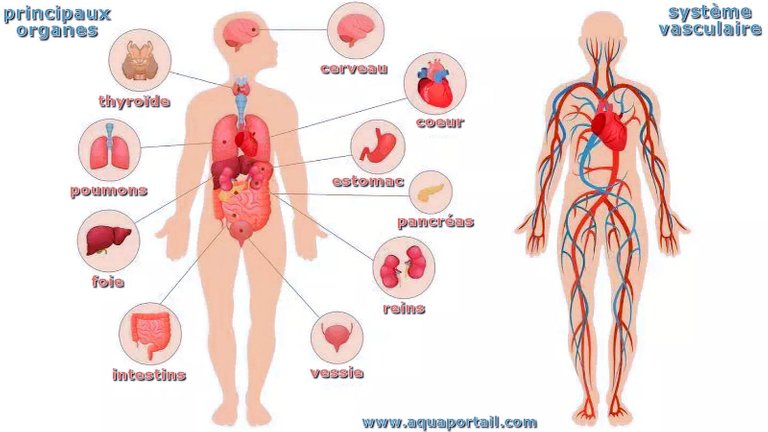Physiology:
Physiology (from the Greek φύσις, phusis, nature, and λόγος, logos, study, science) studies the role, functioning and mechanical, physical and biochemical organization of living organisms and their components (organs, tissues , cells and cellular organelles). Physiology also studies the interactions between a living organism and its environment. In all biological disciplines, by schematically defining levels of organization, physiology is a discipline similar to histology, morphology and anatomy.
Physiology groups together the processes that it studies into major functions which are:
nutritional functions;
reproductive function;
relationship functions: locomotion and sensory functions (see the detailed articles in the list below).
The term physiology was also used in the nineteenth century by realist writers to qualify small studies of typical character manners such as janitors, country priests, the convict or the woman of thirty, some of which are grouped together in the book Les French painted by themselves. Balzac published Physiologie du mariage in 1829.

Congratulations @ibtissemtrabelsi! You have completed the following achievement on the Hive blockchain and have been rewarded with new badge(s):
Your next target is to reach 100 upvotes.
You can view your badges on your board and compare yourself to others in the Ranking
If you no longer want to receive notifications, reply to this comment with the word
STOPCheck out the last post from @hivebuzz:
Support the HiveBuzz project. Vote for our proposal!